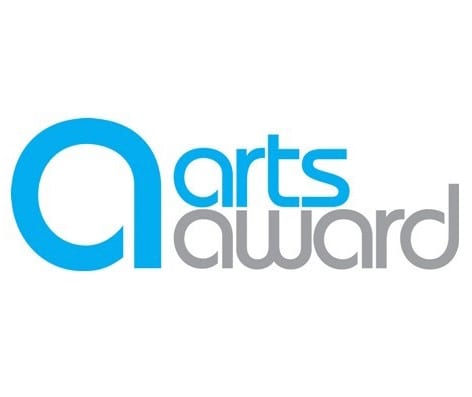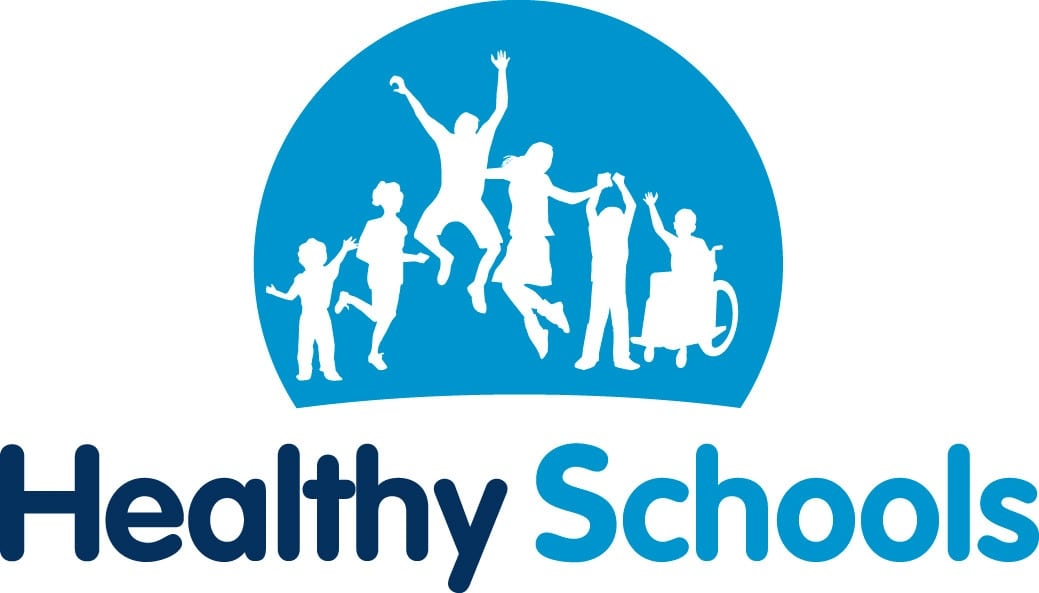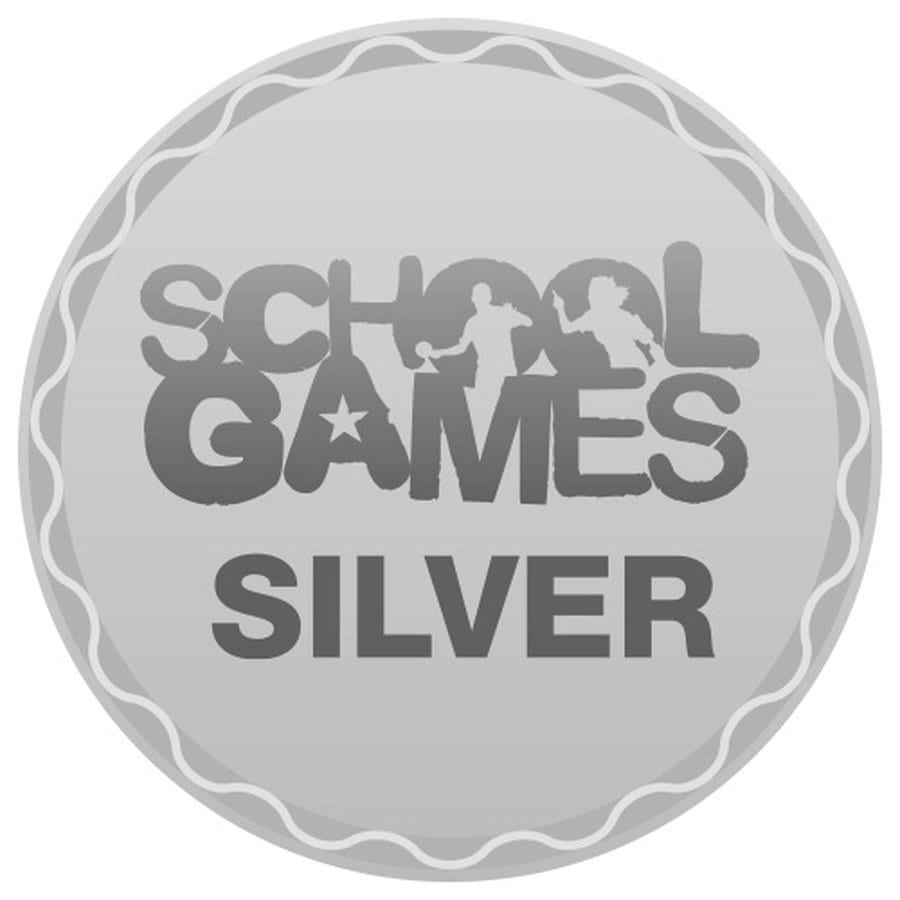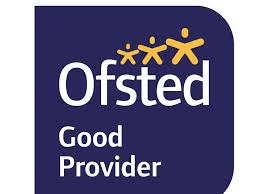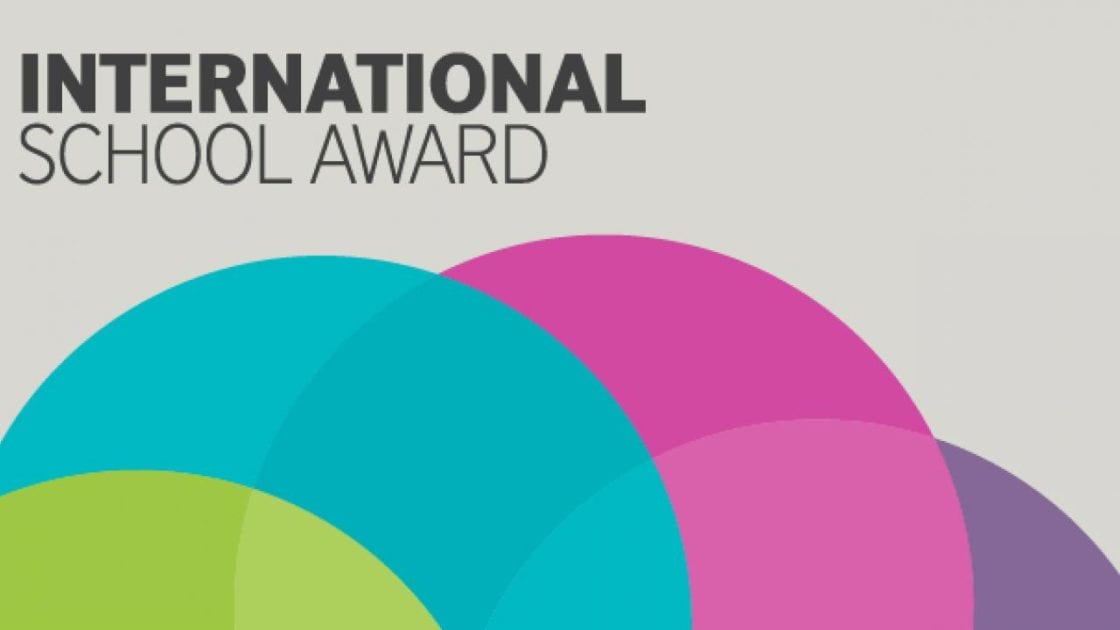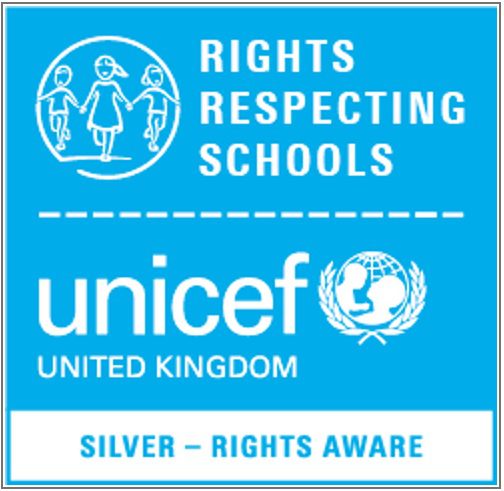Early Years Foundation Stage
Early Years Lead – Miss S Pole
At Stanley Crook Primary School, our aim in Reception year is to provide motivating, first-hand experiences to enable children to learn more and remember more. Children are encouraged to build resilience, ambition and a lifelong love of learning whilst also learning how to look after their own mental health and wellbeing.
Learning aims to identify and build on the knowledge and skills children already have when they join school and places the importance of developing fluent, confident readers at the centre of the curriculum and wider learning. Every effort is made to ensure that children quickly and confidently move from learning to read to reading to learn.
We also recognise that all children are unique, celebrating and welcoming differences within our school community. Therefore, our curriculum is developed and adapted each year to follow the interests and fascinations of the children in the current year group whilst also building specific knowledge, identified through the areas of learning.
We recognise how learning builds sequentially – by building knowledge, skills and learning behaviours from what the children already know and can do towards identified end points or outcomes.
Our curriculum design ensures that children are ready and well-prepared for the transition to Year 1. We embed a language of learning based on the characteristics of effective learning; and our whole school approach to learning enables children to understand and talk about their learning experiences using the School Weekly Values across the year, which include values such as; Challenge, Determination, Being Positive, Taking a Risk, Independence and Effort.
Phonics, Early Reading and Writing
The English curriculum ensures that all children are given the best possible start, focusing – as a priority – on early reading and the effectiveness of the wider reading curriculum through understanding:
- the simple view of reading,
- the importance of phonics for reading, writing and spelling
- how children with SEND can access learning and language comprehension through a wide and varied vocabulary gained from a broad curriculum
There is a clear focus on the effectiveness of how well children are taught to read fluently, with an urgent focus and attention being given to those pupils who are reading below age-related expectations (lowest 20%) so that all children develop into confident, fluent readers.
Reading is at the centre of the school curriculum and is prioritised by senior leaders and all staff.
The phonics programme in school matches and exceeds the requirements of the national curriculum and Early Learning Goals, with clear term-by-term progression from Reception to Y2 and into Key Stage 2 for those children requiring catch-up support. Phonics is delivered by highly skilled and knowledgeable staff, with ALL teaching and support staff trained in the school’s phonics programme to ensure fidelity in provision.
Sufficient time is given for teaching phonics, reading and writing every day, with pupils being provided time to apply what they have learned. Reading books match the sounds the children know, and the sequencing of reading books shows a cumulative progression in phonic knowledge that is matched closely to the school phonics programme. This enables children to read with accuracy, improve their confidence with reading and to develop meaning.
Phonics teaching is not delivered within continuous provision. This time is used to develop children’s talk, vocabulary, play and wider curriculum experiences. Teaching time is used to provide children opportunities as a whole-class, or in small groups, to use and apply phonics which has been taught previously.
Early Writing development is supported through the application of dictation activities which allows all children to practise writing words and sentences which use those phoneme-grapheme correspondences they have learned and the letter formation which they have been taught.
PSC is not used as an ‘end point’ and an indicator that pupils ‘can read’. Instead, PSC results and analysis are used to provide staff with an accurate and evaluative understanding of reading capabilities so that progress in reading can be continued post-PSC, and provision appropriately mapped for all children. It is an aim of school that all children are confident, accurate and automatic readers by Year 2.
All staff foster a love of reading through stories, poems, rhyme and non-fiction. Teachers read aloud daily in every Team and express a genuine joy in reading, which is shared by pupils, and these sessions provide valuable opportunity to develop children’s language and vocabulary.
Non-fiction books are used to support learning across the curriculum, with children utilising their strong reading skills to access material to accelerate their development of key knowledge and skills. This develops a deep knowledge, which then guides children’s independent reading and raises an enthusiasm for reading.
Reading is not limited by book bands, with the value of independent reading choices being recognised as a means to broaden reading experiences, improve knowledge of different authors and develop language, vocabulary and comprehension skills.
Take a look at the outstanding progress children in the 2022/2023 Reception cohort made in their early writing, and how this progress has continued into Year 1!
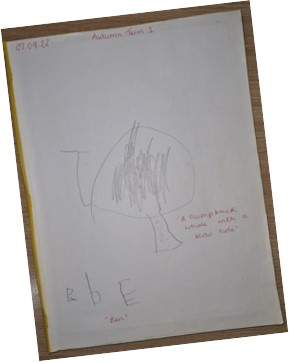

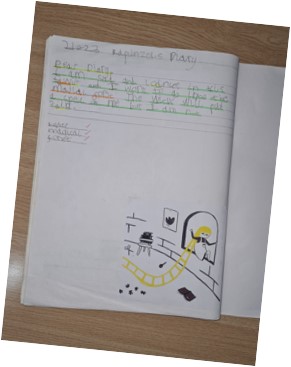
Curriculum
- EYFS Curriculum document
- Supporting effective transition – Curriculum Objective links Reception to Year 1
Statutory Framework for Early Years Foundation Stage
https://www.gov.uk/government/publications/early-years-foundation-stage-framework–2
Early Years Foundation Stage Profile
https://www.gov.uk/government/publications/early-years-foundation-stage-profile-handbook
Learning Zones
Characteristics of the Learner
The characteristics of effective learning describe factors that play a central role in a child’s learning and in becoming an effective learner. They are vital elements of support for the transition process from EYFS to the next team. The characteristics of effective learning run through and underpin all 7 areas of learning and development. They represent processes rather than outcomes.

